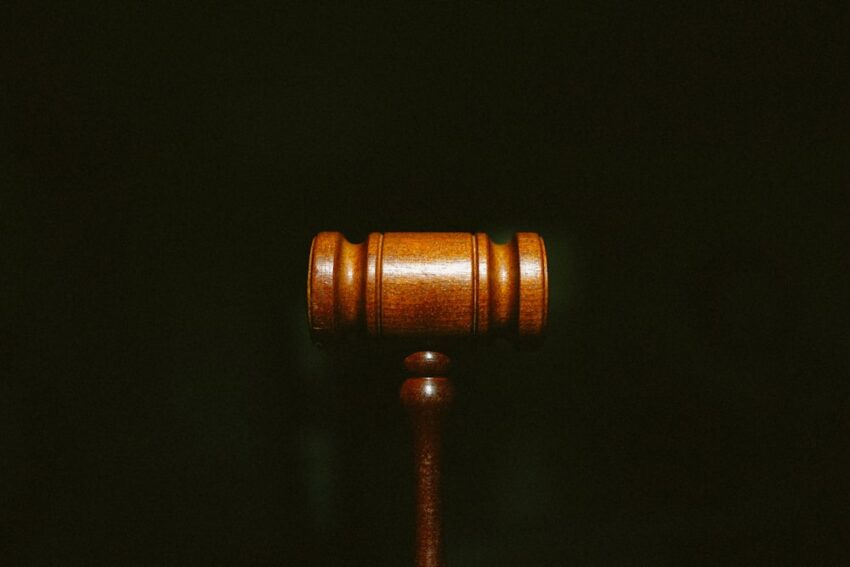If you are pursuing a personal injury claim, obtaining compensation for the injuries and resulting damages you sustained is ultimately the main goal. There are two main types of damages that you may be able to obtain in a personal injury case – economic and non-economic.
While both types of damages seek to compensate the injured party, they encompass different aspects of the loss and have distinct characteristics, limitations, and caps. In this article, we will explore what some of these key differences are, as well as some examples of economic and non-economic damages.
Economic Damages
Economic damages are the first type of compensatory damage that may be recovered in a personal injury claim. Also known as special damages, these damages are tangible and quantifiable, meaning that their monetary value can be determined with ease.
The main goal of economic damages is to restore the injured party to the financial position that they were in before the accident occurred. Here are some of the most common examples:
- Medical Expenses: Medical expenses are, perhaps, the most commonly sought-after damages as they encompass the medical costs related to the injury. These include but are not limited to hospital stays, surgeries, medications, physical therapy, and doctor visits.
- Lost Wages: In the event that the injuries you sustained cause you to have to miss work, you may be able to earn back compensation for the income you would have earned had the accident not occurred.
- Loss of Earning Capacity: If the injuries that result leave you unable to return to work for the foreseeable future or cause you to move to a lower-level position due to your new handicaps, you may be able to recover damages for lost potential earnings.
- Property Damages: If any of your personal property was damaged in the accident, such as a damaged vehicle in a car accident, you can seek compensation to cover the repair or replacement costs.
- Out-of-Pocket Expenses: If there were any additional expenses related to the accident, such as home modifications to adapt your home to accommodate your new disability, you will likely be able to recover compensation for this as well.
Non-Economic Damages
Non-economic damages are the second type of compensatory damages that you may be able to recover when pursuing a personal injury claim. These damages, also known as general damages, differ from economic damages in that they are intangible and unquantifiable.
Further, these damages are much more subjective and hard to put a price tag on. Whereas economic damages rely on bills, receipts, and documents to estimate the total costs, non-economic damages are contingent upon non-financial pieces of evidence. Some common examples include:
- Pain and Suffering: An accident victim may be able to recover damages for pain and suffering, which includes physical pain and emotional hardships that resulted from the accident.
- Emotional Distress: Accidents can take a toll on one’s emotional and mental health, and you may be able to recover damages for conditions that resulted from the accident such as anxiety, depression, post-traumatic stress disorder (PTSD), and any other mental conditions.
- Loss of Consortium: If your marital or familial relationships have been impacted by your injuries, you may be able to recover compensation for the loss of companionship, affection, support, and sexual relations.
- Loss of Enjoyment of Life: If you have suffered serious injuries that inhibit your ability to participate in activities that brought you joy and happiness, you may be compensated for this decrease in your quality of life.
Filing a Claim
If you have been injured in an accident, filing a personal injury claim is the gateway to recovering the compensation that you may be entitled to. As there are several different types of damages that you may be able to recover, each with different monetary values and applications, it is important that you seek the help of a Wilmington personal injury attorney to help ensure that you recover what you rightfully deserve.
An attorney can help make sure that you receive maximum compensation and that you are not subjected to low-ball offers from insurance companies. Recovering compensation is a pivotal step in the recovery process.

